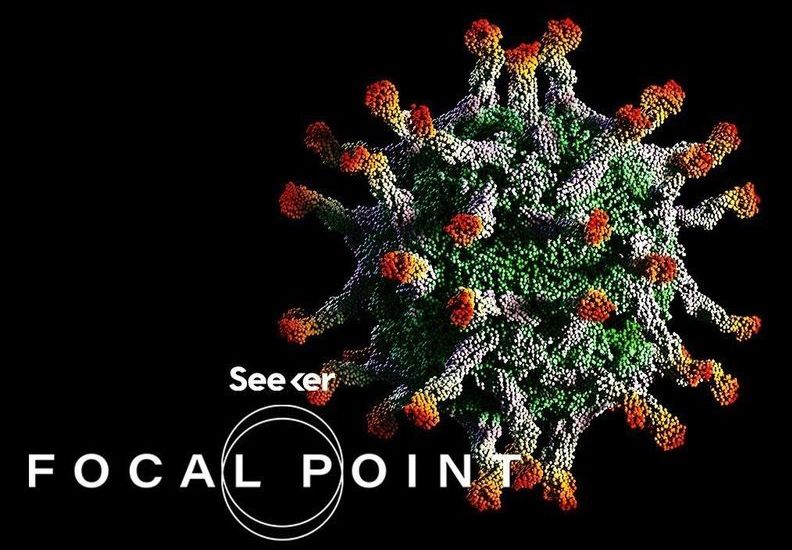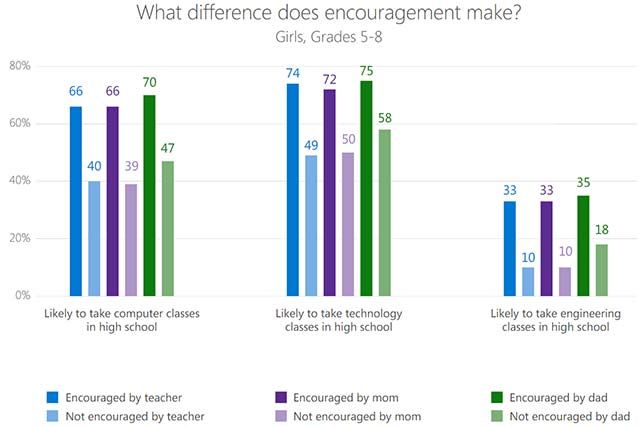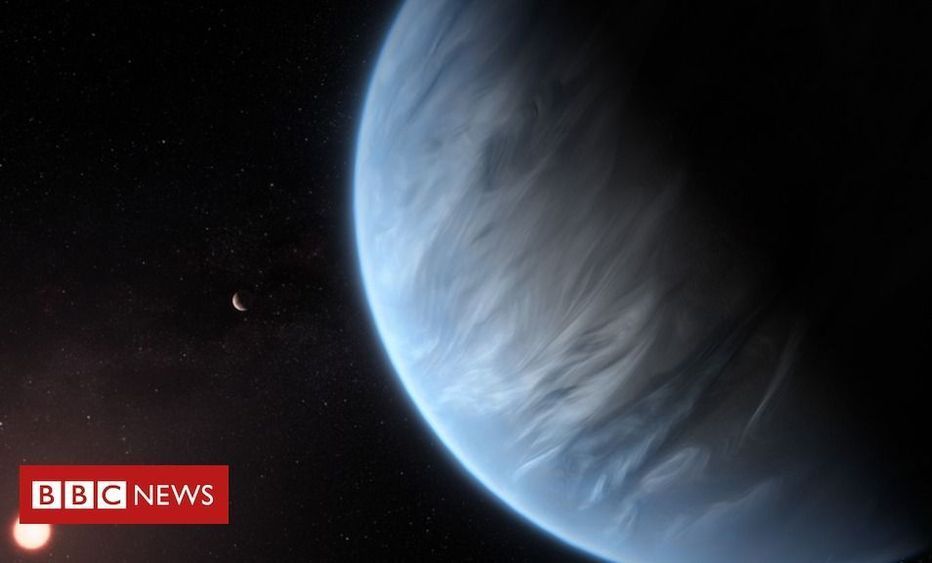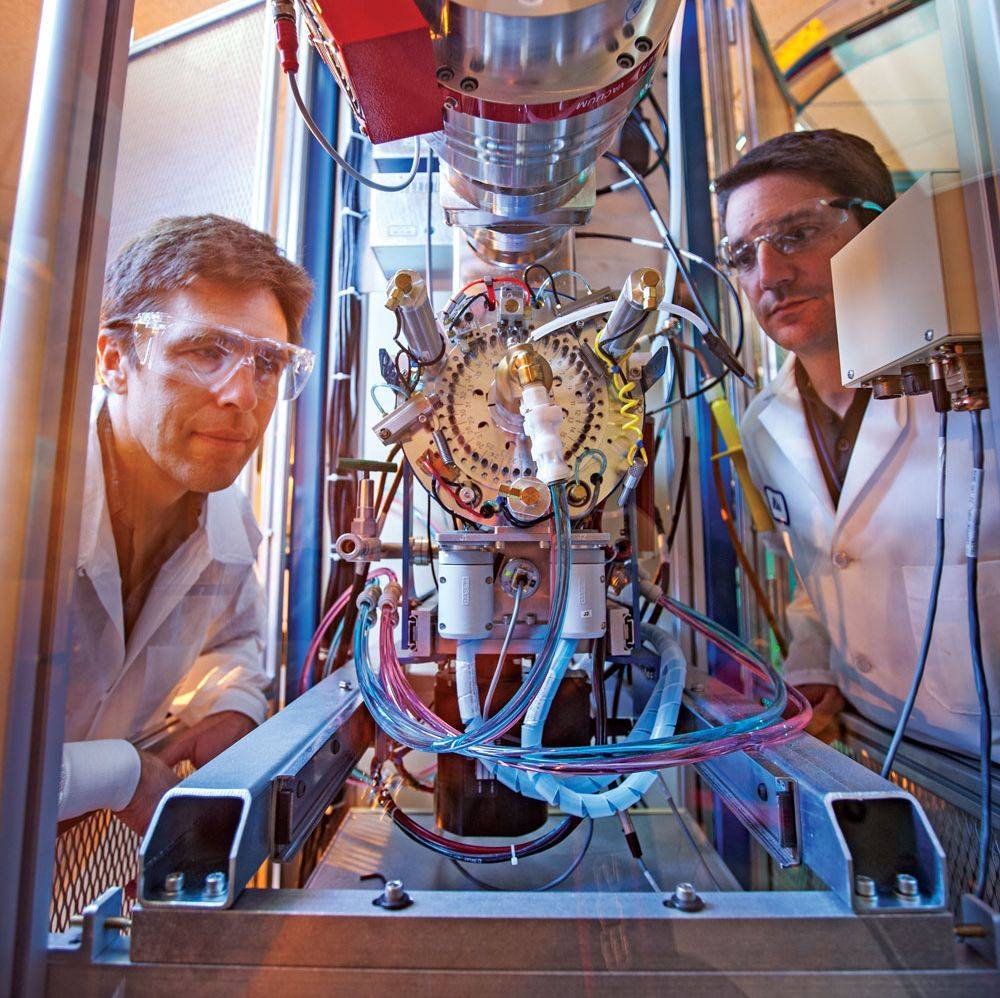;-;
Bioweapons have been around for centuries, but with advances in synthetic biology we’re now able to make them from scratch.
»Subscribe to Seeker! http://bit.ly/subscribeseeker
»Watch more Focal Point | https://bit.ly/2lJeJUL
The man who stopped America’s biological weapons program
https://www.vox.com/future-perfect/2019/4/9/18301321/biologi…-institute
“Today, the use of biological weapons is almost unthinkable. But this wasn’t true in the 1960s, when the US government stockpiled such weapons and work continued on developing new, more effective variants. There was an agreement about the use of biological weapons — the post-World War I Geneva Protocol, which also covered chemical weapons — but the United States wasn’t among the signatories to it.”
Synthetic biology raises risk of new bioweapons, US report warns
https://www.theguardian.com/science/2018/jun/19/urgent-need-…ent-report
“The rapid rise of synthetic biology, a futuristic field of science that seeks to master the machinery of life, has raised the risk of a new generation of bioweapons, according a major US report into the state of the art.”
Russian and American use of Yersinia pestis as a Biological Weapon










